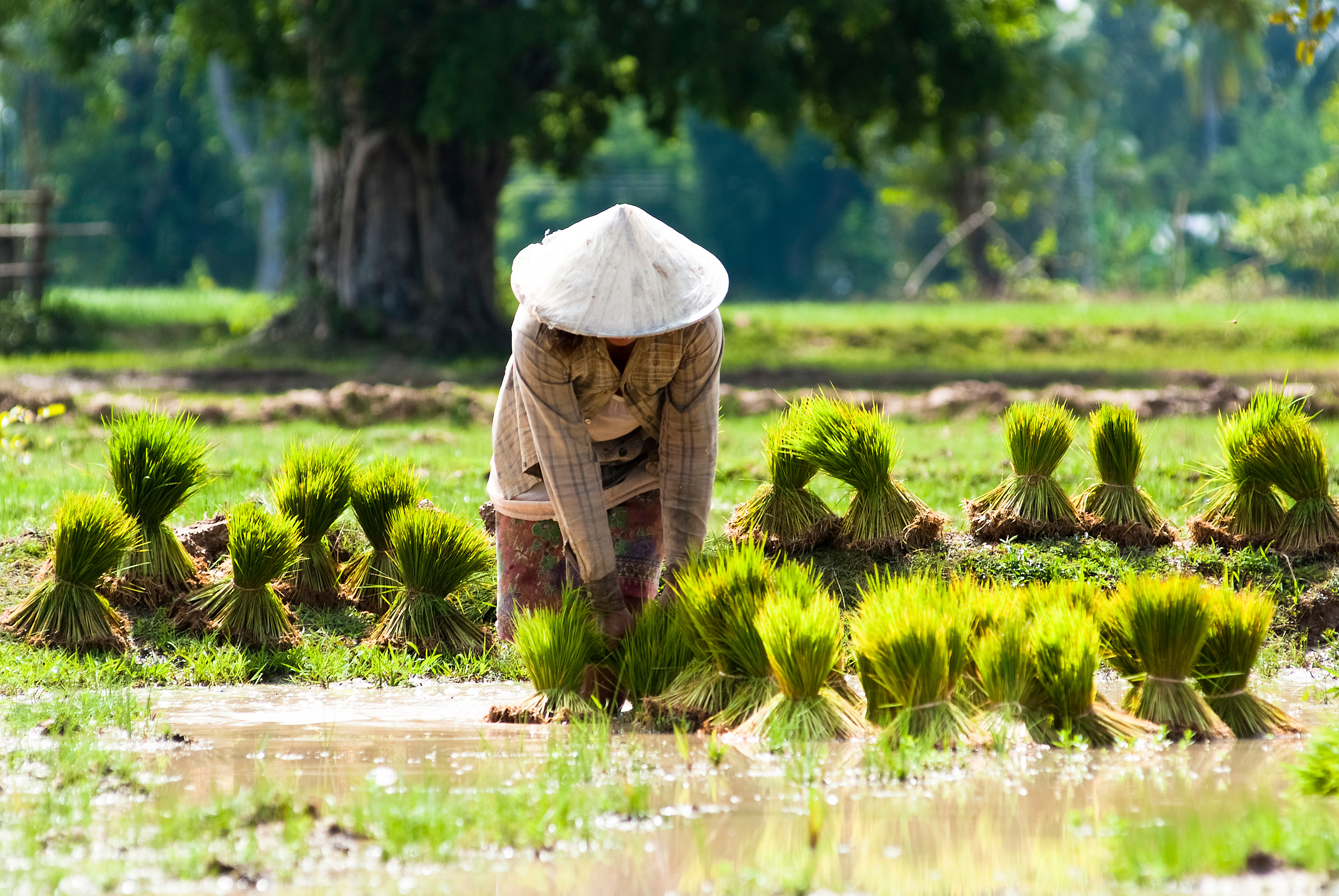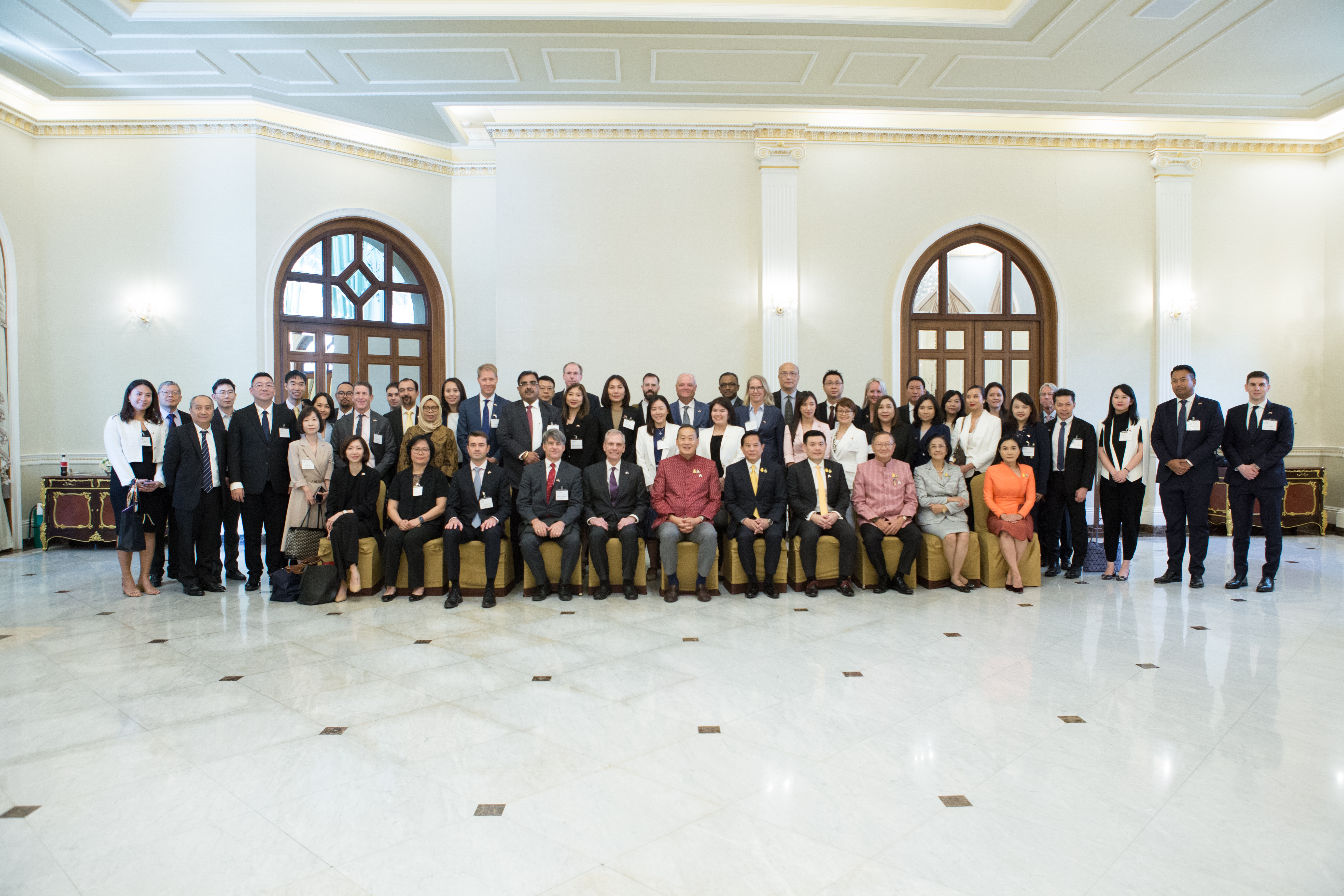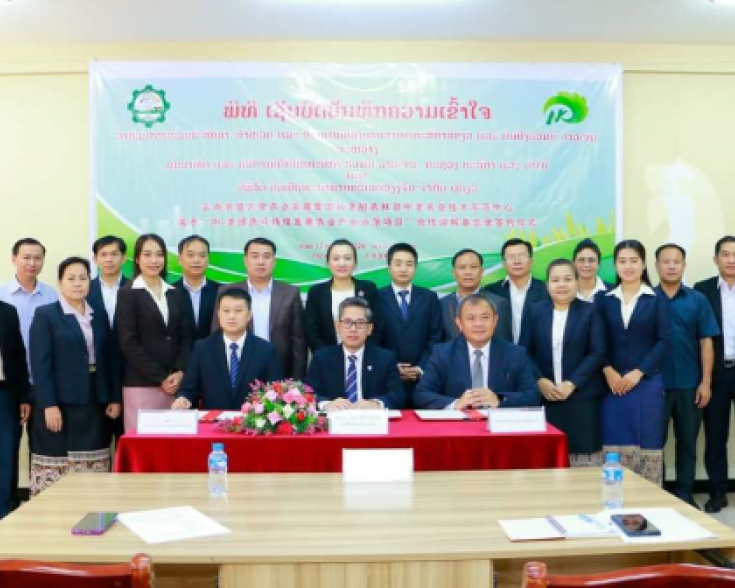Smart Farming: Promoting Sustainable Productivity in Thailand

Agriculture is an integral component of Thailand’s economy. Although the sector only accounts for six percent of the country’s GDP, agriculture employs approximately one-third of the country’s labor force.
Over recent years, Thailand has emerged as a major producer of agricultural products by transitioning from traditional agriculture to industrial agriculture. Thai farmers have been quick to implement new crop varieties, modern farming equipment, and nutrient-rich fertilizers to increase crop yield and crop quality. These developments in agriculture are a response to challenges posed by a growing population and increased food insecurity. Agriculture labor from ages 40 to 60 has grown significantly over the past decade, calling into question the sustainability of the agriculture sector. Farm sizes are relatively small, with an average of only 14.3 rai owned by agricultural families, which impacts the productivity of the sector.
What Members Can Explore
Smart farming has emerged as a solution to mitigate and adapt to agricultural challenges while increasing farm productivity efficiently and sustainably. Various technologies such as drones for spraying pesticides, fertilizers, Artificial Intelligence (AI) to collect weather data and analytics, and Internet of Things (IoT) are components of smart farming in Thailand. Smart farming has been part of Thailand’s agriculture development plan since 2011. Programs such as the Young Smart Farmer Program aim to equip knowledge regarding entrepreneurship, farming technology, and farm management to create a new wave of smart farmers that are tech-savvy, creative, and innovative.
Moreover, the 20-year Agriculture and Cooperatives Strategies Plan from 2017 to 2037 focuses on utilizing smart farming to provide farmers with greater financial security and promote sustainable agriculture resource management in line with the United Nations Sustainable Development Goals (SDGs).
For small-scale farmers, there are constraints in access to technology and technological readiness. This may impact its potential to promote sustainable productivity and economic growth as the implementation on Thai farms remains uncertain. Hence, members have opportunities to collaborate with governments and relevant stakeholders to prioritize providing educational and training resources to enable farmers to understand the benefits of smart farming and incentivize them to incorporate it into their farming practices.







